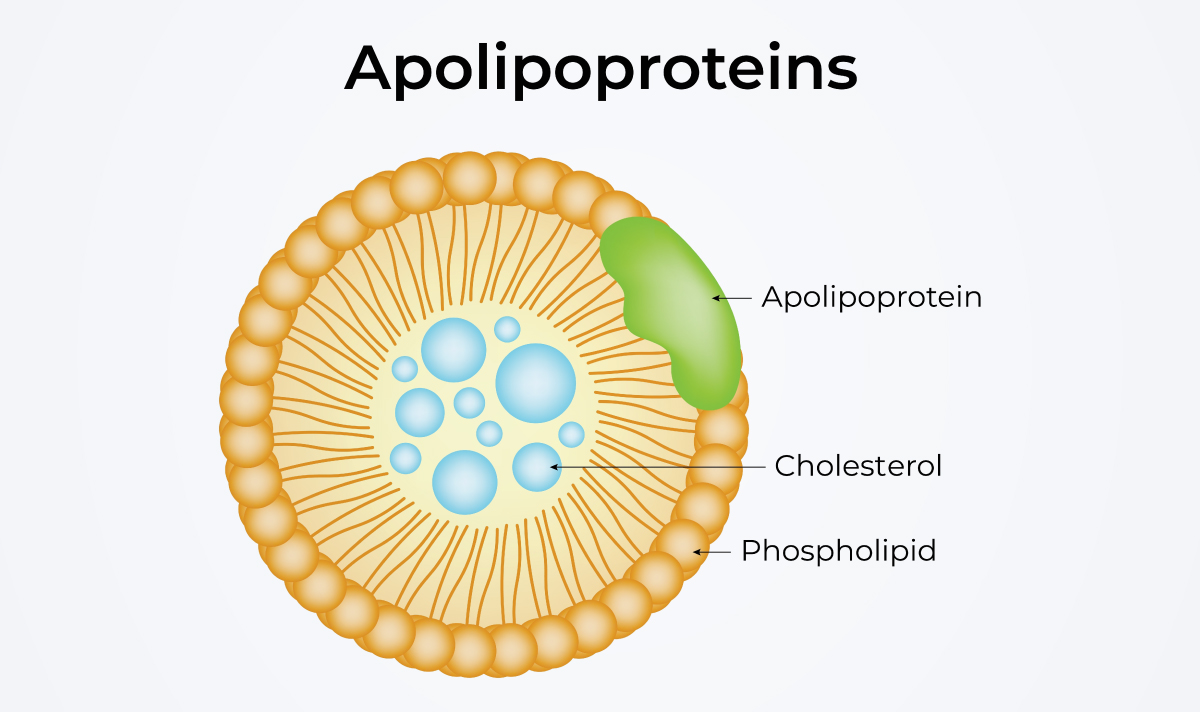Alzheimer’s is a common form of dementia in Thai people, significantly impacting daily life. Patients tend to forget things they used to do, forget events, and forget close people, making it impossible for them to live normally and requiring constant care. Knowing the risk of Alzheimer’s through genetic testing is another option for brain checks to maintain a healthy brain.
What is Alzheimer’s?
Alzheimer’s Disease (Alzheimer’s Disease) is mostly found in the elderly and is believed to result from the deterioration of brain tissue structure. The accumulation of proteins called beta – amyloid (Beta – Amyloid) and tau (Tau) leads to brain cell degeneration and impaired brain cell communication, affecting memory and progressively worsening, eventually impacting daily life.
Severity Levels of Alzheimer’s Disease
Alzheimer’s disease ranges from the pre-dementia stage where patients can still live normally. As it progresses to the early dementia stage, patients begin to lose short-term memory or new memories, slow down in activities, and finally in the dementia stage, become confused and forget various events, repeat activities, and have language and speech deficiencies. In the severe dementia stage, they lose almost all memory and cannot perform daily activities, requiring close supervision at all times.
Who are at Risk for Alzheimer’s?
- People with a family history of Alzheimer’s
- Those aged 65 and above
- People with certain chronic diseases such as diabetes and hypertension
- People who have experienced head injuries
- Individuals with depression
- Those who do not exercise
- Smokers
- People with sleep problems
How is Alzheimer’s Related to Genetics?
Alzheimer’s is one of the diseases that can be inherited. There is a group that shows symptoms before the age of 65, which is very rare, and occurs from direct genetic inheritance from parents to children. The group that shows symptoms after age 65 is more common, characterized by a genetic risk from the Alzheimer’s genes in the family.

What Genes are Related to Alzheimer’s?
Alzheimer’s is related to a gene called APOE (Apolipoprotein E) which is responsible for transporting fats in the body and eliminating waste. APOE4 is one form of the APOE gene linked to Alzheimer’s. Most people with Alzheimer’s have the APOE4 gene, which affects fat metabolism in brain cells, potentially leading to memory impairment. This condition typically starts gradually from age 40 – 50 and manifests after 65 years old.
However having the APOE4 gene does not necessarily mean one will develop Alzheimer’s, and even those without this gene can still develop Alzheimer’s.
Benefits of Genetic Testing for Alzheimer’s Risk
Since Alzheimers cannot be cured, but symptoms can be slowed down according to medical recommendations, if one shows symptoms of Alzheimer’s risk such as forgetting recent events, getting confused about directions or places, not recognizing close people, having communication problems, or showing drastic mood changes, one should see a brain and nervous system specialist for an early Alzheimer’s diagnosis. Doctors will evaluate and recommend screening, including genetic testing to assess Alzheimer’s risk based on individual suitability.
Specialists in Alzheimer’s Treatment
Dr..Chakorn Chansakul Neurologist Bangkok International Hospital
Clickhereto book an appointment.
Hospitals Specialized in Treating Alzheimer’s
Bangkok International Hospital, a hospital specialized in bones and brains, is ready to find the causes, provide treatment, rehabilitation, and prevention of Alzheimer’s with a team of brain specialists, nurses, multidisciplinary team, and modern treatment technology to reduce severity and help patients live smoothly.
